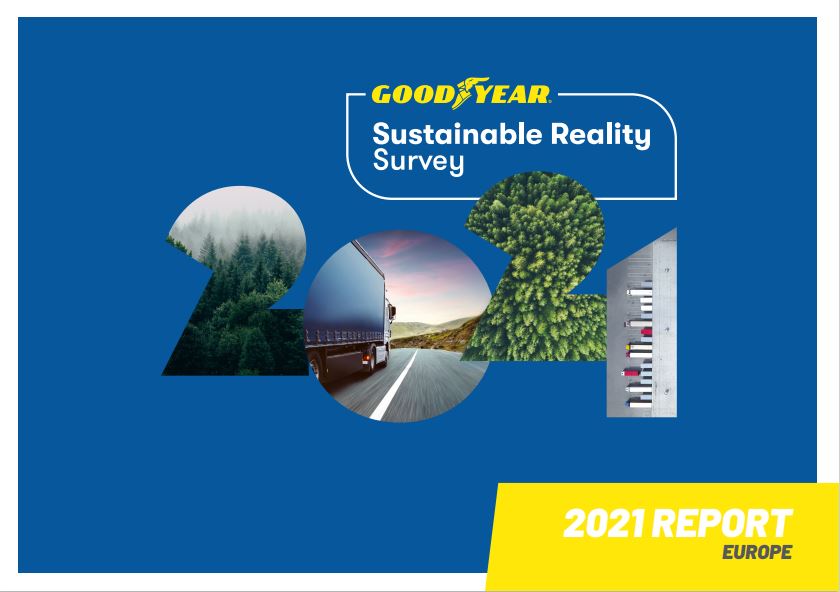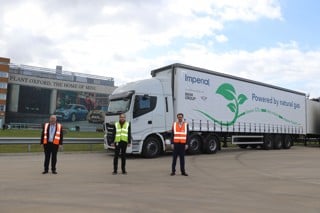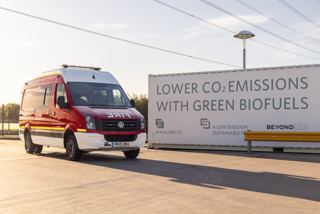A new study by Goodyear has revealed that 61% of UK fleets have put formalised sustainability objectives in place.
An investigation into what action truck fleets and transport companies are taking to reduce their carbon footprint, by the tyre maker, found that a further 27% expect to have sustainability plans in place within the next year.
The survey also highlighted the obstacles that are preventing fleets from operating more sustainably. Respondents cited the cost (52%) and complexity (36%) of some solutions as the most significant challenges.
Three-quarters (75%) of those surveyed said that financial incentives would encourage them to further improve the sustainability of their operations, while half (48%) said that solutions which are easier to use would be helpful.
Maciej Szymanski, director of marketing for Commercial Business Europe at Goodyear, said: “It’s heartening to see that fleets are responding so positively to the challenge of climate change. For such a large number to not only be taking action, but to be putting plans in place out of a genuine concern for environment, as opposed to simply to appeal to new customers, is incredibly encouraging.
“The challenge facing the industry now is meeting those objectives, as well as stressing their importance to those fleets that haven’t yet taken action.”
Ninety-two UK fleets were surveyed as part of the study. When asked why they viewed sustainability as important, nearly two-thirds (63%) responded that their interest stemmed either from concern for the environment or their corporate values.
A much smaller number suggested that their concerns were purely business-related, with just 17% saying that they value sustainability as a way to reduce operating costs and 13% that it’s a requirement to win new business.
Among the most popular solutions already being used by respondents to improve the sustainability of their fleets are fuel-efficient tyres (67%), telematics solutions to monitor and reduce fuel consumption (65%) and the setting of fuel consumption objectives for drivers or implementation of driver training (59%).
The most uncommon solutions were retread tyres (36%), alternate drivetrains, such as hybrid and electric (25%), and the deployment of higher capacity vehicles or duo trailers (21%).
Szymanski added: “Making the industry more sustainable is going to take time, and of course, there are still hurdles for fleets to overcome. As the industry moves towards a greener future, we’re seeing a clear need for solutions that will help meet those sustainability goals. It’s critical that suppliers rise to that challenge, and provide straightforward solutions that can be easily implemented, in order to help them on their journey.”























Login to comment
Comments
No comments have been made yet.